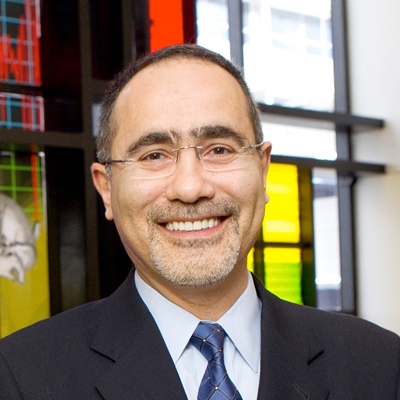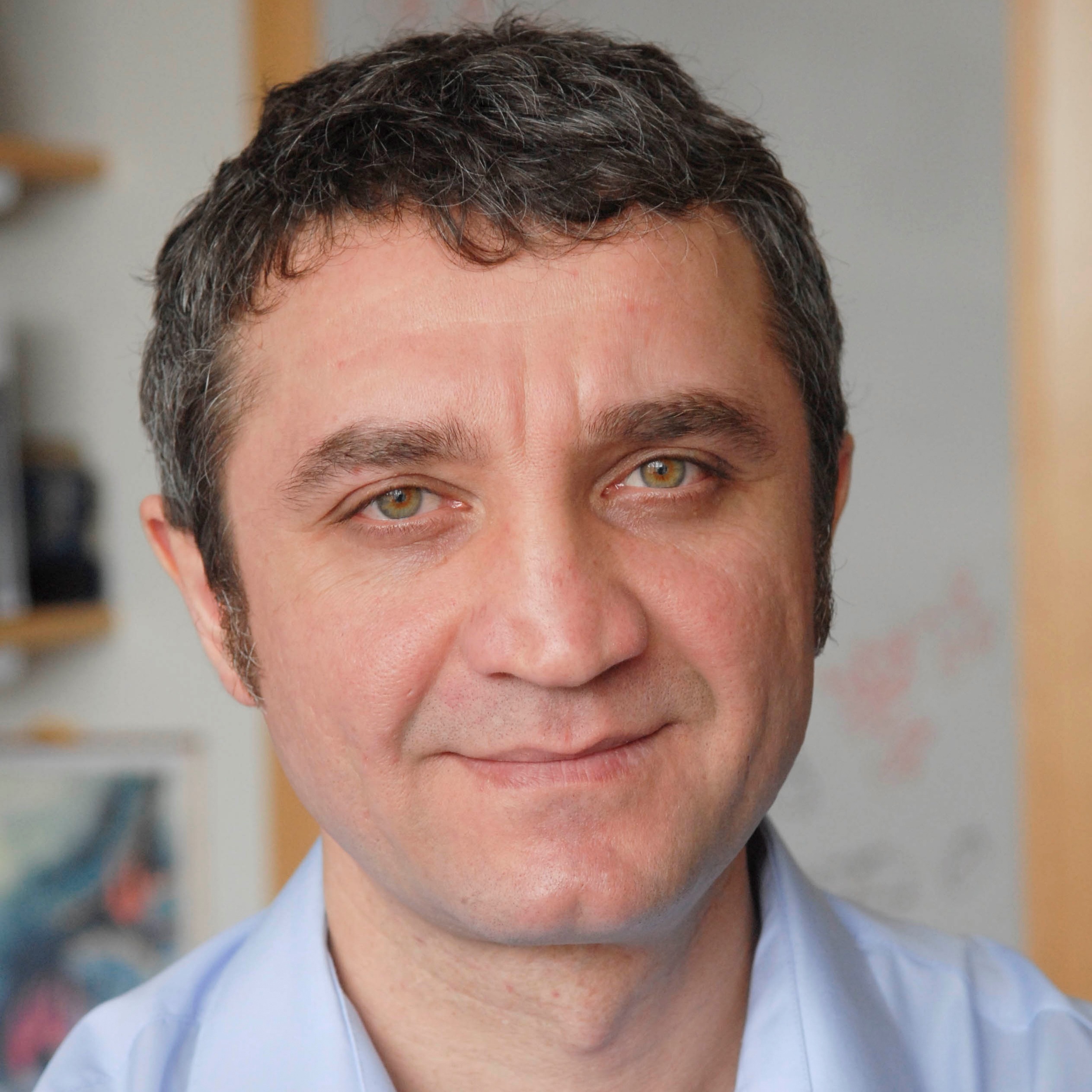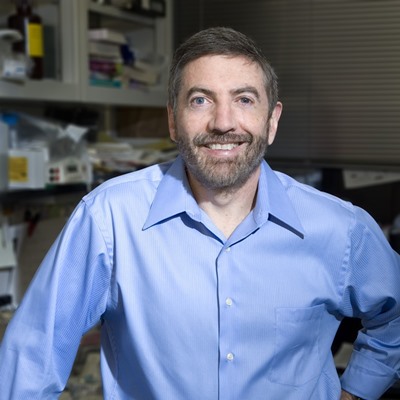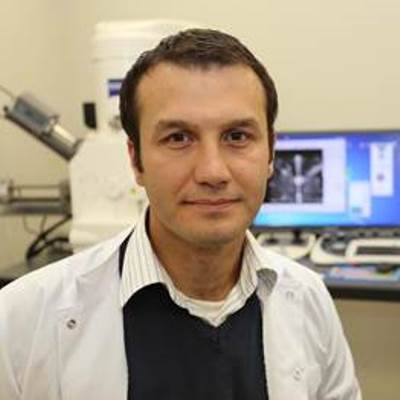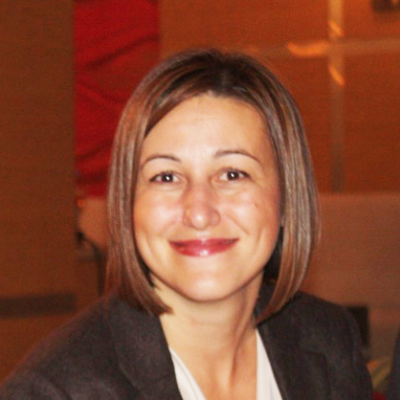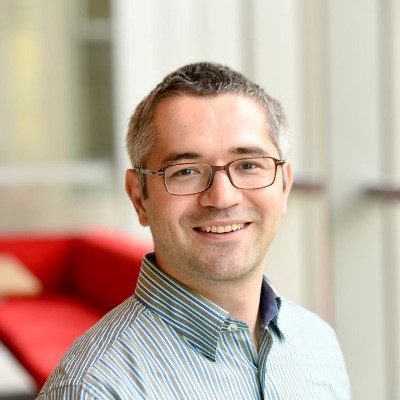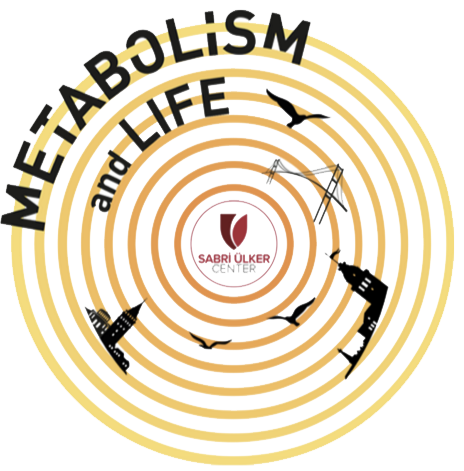

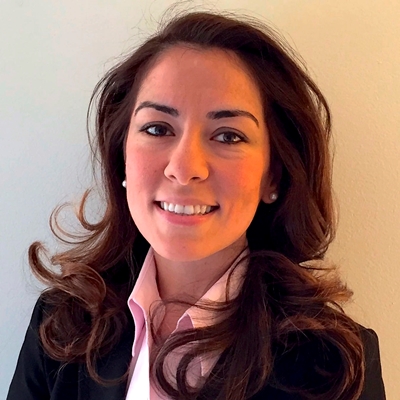
Lale Ozcan received her M.D. degree in 2004 from Istanbul University Cerrahpasa School of Medicine. She then worked in Harvard University from 2004-2008 as a research fellow and the focus of research was to explore the role of Unfolded Protein Response in the regulation of insulin signaling. She joined the laboratory of Dr. Tabas in June 2008 with a great interest in identifying the molecular mechanisms linking Unfolded Protein Response and development of atherosclerosis. She will be mainly focusing on the role of calcium in ER stress-induced apoptosis in macrophages.
Individuals with type 2 diabetes (T2D) have a 2–4-fold increase in their lifetime risk of developing cardiovascular diseases, which mostly stems from lipid abnormalities. Therefore identification of druggable molecular targets that contribute to this defect has a tremendous potential to lead to novel treatment modalities. Over the past few years, we have revealed activation of a pathway initiated by calcium-induced activation of calcium/calmodulin-dependent protein kinase II (CaMKII) in hepatocytes which disrupts insulin receptor signaling. Our new data revealed that activation of CaMKII pathway in obesity in turn induces a corepressor called Dachshund homolog 1 (Dach1) which has never before been implicated in metabolism. Dach1 levels are dramatically increased in the livers of obese mice and humans and inhibition of Dach1 in hepatocytes protects against hyperinsulinemia and hyperglycemia. Interestingly, when Dach1 is deleted solely in hepatocytes, there is a significant decrease in plasma cholesterol levels in obese mice independently of its effects on glucose metabolism, which has important implications for obesity/T2D-associated cardiovascular diseases. Thus Dach1-mediated co-repression in hepatocytes might be a critical link between insulin resistance and abnormal lipid metabolism associated with obesity.



